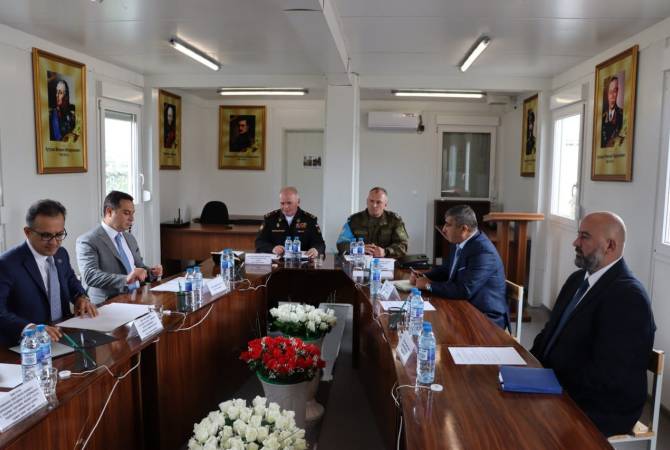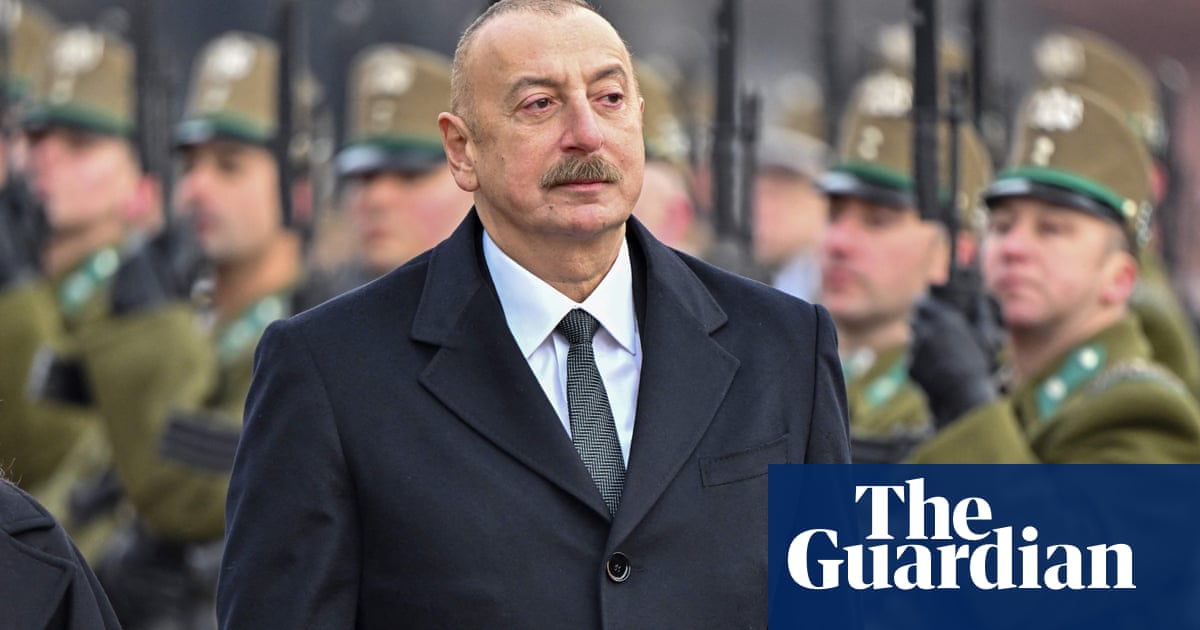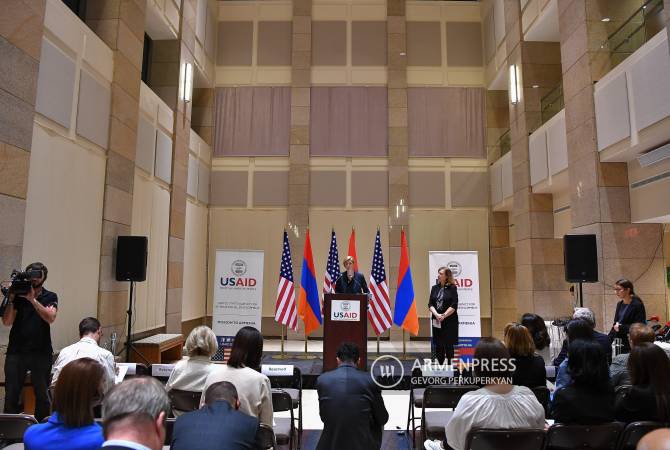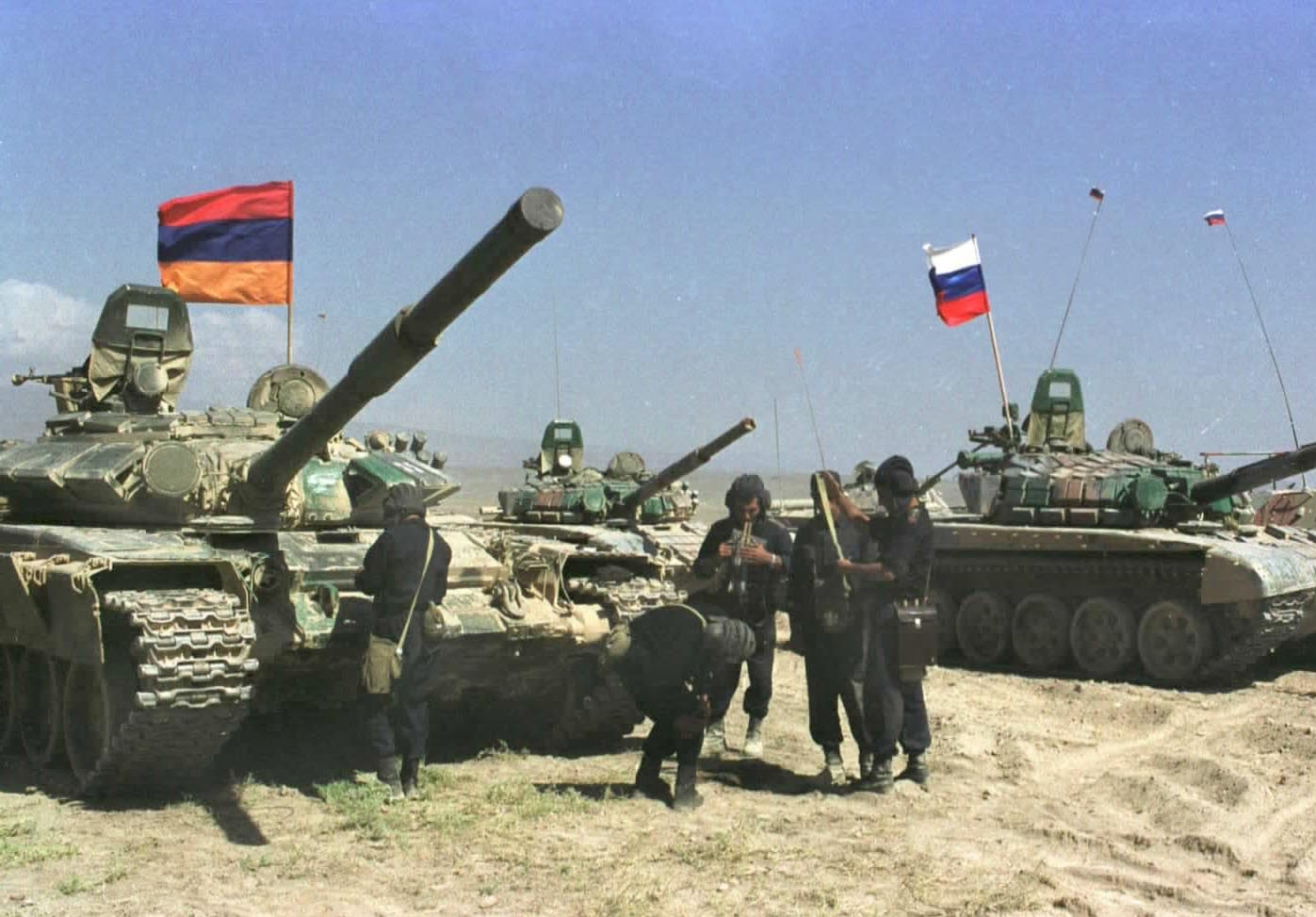Mr. President,
Secretary-General,
Dear Colleagues,
Dear Friends,
It is an honor to address the United Nations General Assembly once again.
I represent Georgia, a strong nation that values freedom, cherishes its rich heritage and embraces progress amid an ever-changing geopolitical landscape.
As you are aware, my country experienced a full-scale military aggression in 2008 and continues to endure its destructive consequences. This is still evident in the occupation of 20 percent of Georgian territory by the Russian Federation and the displacement of hundreds of thousands of people from their homes.
I confidently state that despite the devastation we’ve endured, we have not hesitated to pursue our ambitions. We have transformed Georgia into a dynamic society, fully committed to the realization of the fundamental principles and values enshrined in the UN Charter.
Georgia understands the cost of war and recognizes the value of peace. Since 2012, our Government has built and maintained an uninterrupted decade of peace and stability.
I would like to take this opportunity to express our deep appreciation to the international community for the unwavering support to Georgia’s sovereignty and territorial integrity. To ensure our continued peaceful existence, I call on the international community to persuade the Russian Federation to engage with the “Geneva International Discussions” and fully implement the EU-mediated 2008 Ceasefire Agreement.
Thanks to our pragmatic foreign policy, we have sustained economic growth over the past decade. We continue to make critical investments to improve the quality of life for all Georgians. We have experienced double-digit economic growth for two consecutive years, with a GDP growth rate of over 10 percent in 2021 and 2022. This positive-growth trend has continued in 2023, with an average economic growth of 7 percent.
A substantial increase in GDP per capita is among my Government’s most significant achievements. Since 2012, GDP per capita has nearly doubled. We expect that this positive trend will continue. In addition, in July of this year, our official reserve assets reached a historic high, representing nearly a 90% growth in July 2023 compared to 2012. The unemployment and poverty rates are also at historical lows.
The World Justice Project’s 2022 Rule of Law Index places Georgia as the top ranking country in the Eastern Europe and Central Asia regions regarding the rule of law. According to the Fraser Institute’s report – Economic Freedom of the World 2022, Georgia is among the top 15 countries with the freest economies, while the Heritage Foundation Index of Economic Freedom 2023 places Georgia 21st in Europe, ahead of 11 EU member states. The [NUMBEO] Crime Index 2023 positions Georgia as one of the safest countries in the world, ranking 18th in the world and 8th in Europe.
My Government developed and approved “Vision 2030 – Development Strategy of Georgia” in 2022 — our country’s first long-term policy framework. The document outlines a comprehensive set of reforms, covering areas like economic functions, social progress, good governance, justice, and human rights protection, to implement by 2030.
While we work towards comprehensive, multifaceted progress, we also place significant emphasis on education and social welfare. The importance of robust education systems cannot be overstated, since they serve as the cornerstone for empowered, prosperous, and productive societies. We embrace education by allocating resources to enhance digital literacy and bridge the digital divide.
Our efforts extend to all levels of education. We have allocated up to 1 billion US Dollars to rehabilitate and construct schools and kindergartens across the country. We have increased investments in healthcare and social welfare. Currently, 95 percent of our population benefits from universal healthcare and we are continuously improving the quality of these services. We are determined to ensure the best possible care for all citizens.
Dear Friends, these successes are just a fraction of the progress my country has made, but they clearly demonstrate our efforts to create opportunities for all our citizens, including those residing in the occupied territories of Georgia.
To our Abkhazian and Ossetian brothers and sisters, it is our common adversary who opposes our unity. We are an ingenious people, capable of incredible accomplishments, but only together can we ensure lasting stability, attract increased investments and reach our full potential as a united nation. We must not let this opportunity for a peaceful, stable and prosperous future together slip through our grasp.
Each step we take seeks to bring Georgia back into the European family where it belongs. The remarkable achievements of our Government since 2012, including the EU Association Agreement (AA), the Deep and Comprehensive Free Trade Area (DCFTA) and the Visa-Free regime with the European Union, demonstrate our geopolitical priority to become an EU member state.
The recognition last June of Georgia’s European Perspective has opened a new chapter in our relationship with the European Union. Recent surveys show nearly 90 percent of Georgians support EU membership, and we have demonstrated unwavering commitment to address the 12 priorities set forth for EU Candidate Status. Through a rigorous, inclusive and transparent domestic implementation process involving all stakeholders, we are on-track to complete them this year.
Our achievements deserve a favorable decision from the EU. As a frontrunner among the so-called “Associated Trio” countries, Georgia has earned EU candidate status. We anticipate that Georgia’s performance and the current geopolitical context in the region will be fairly evaluated. Granting Georgia the candidate status is the only course of action.
Considering recent developments, I would like to emphasize the importance of the rules-based international order and the fundamental principles outlined in the UN Charter.
Georgia is a responsible member of the international community actively contributing to global peace. For more than two decades, we have made substantial contributions to NATO missions worldwide, making Georgia one of the largest per capita contributors to the NATO missions in Iraq and Afghanistan. 32 brave Georgian soldiers made the ultimate sacrifice in Afghanistan, while hundreds of others suffered injuries in the pursuit of freedom and peace. Georgia sacrificed greatly to protect our shared values and common interests.
We significantly contributed to the EU-led missions and honor that commitment.
Dear Friends, as we strive for peace, prosperity, progress, and sustainability for all, it is disheartening to witness aggression against a UN member state. The war in Ukraine reawakens the trauma of the 2008 war in Georgia.
We feel the pain and hardships that Ukraine currently faces and stand in full solidarity with the Ukrainian people.
We have sponsored, joined, and supported more than 500 resolutions, statements, joint statements and other initiatives by major international organizations and institutions to support Ukraine and Ukrainian people. Our Western partners, including the United States, EU, and UK, have repeatedly praised our compliance with all international financial sanctions.
My Government has been providing substantial humanitarian assistance to Ukraine and Ukrainian people since the beginning of the war, both in the country and to those currently residing in Georgia. Georgian schools have welcomed more than 2,200 Ukrainian students, ensuring that most of them receive education in the Ukrainian language while following the official Ukrainian curriculum.
Let me be clear – the fundamental philosophy of our Government is to avoid war and secure peace. Despite the challenges posed by our geographic location, we have managed to keep our people safe while supporting Ukraine and the international community through prudent policies and close coordination with our partners.
Through my Government’s Peaceful Neighbor Initiative we are prepared to engage our neighbors and friends from Armenia and Azerbaijan to finally bring lasting peace to the South Caucasus.
Dear Friends, Georgia is emerging as a multi-dimensional regional hub. Our financial services sector has garnered global recognition and we are attracting international investors, infusing additional capital into our economy. We have also prioritized investments in our infrastructure to enhance connectivity, successfully harnessing logistics and energy sectors.
We are developing strategic transport corridors to establish crucial connections between Asia and Europe. Georgia’s participation in various international initiatives and infrastructure projects enhance connectivity, facilitating trade across the Black Sea region.
The Middle Corridor has emerged as a secure and reliable route connecting East with West. We signed comprehensive roadmaps with Azerbaijan and Kazakhstan, to eliminate bottlenecks and enhance the Middle Corridor from 2022 to 2027. These roadmaps provide for specific actions related to transport and logistics infrastructure development, operational optimization, the implementation of a unified tariff policy, corridor digitalization, and improvements to the regulatory framework.
In pursuit of enhancing East-West connectivity, Georgia established the Tbilisi Silk Road Forum in 2015 creating an international platform for dialogue among senior policymakers, businesses and community leaders. The upcoming Silk Road Forum is scheduled to take place in Tbilisi this year on October 26-27, bringing together approximately 2000 delegates, including high-ranking officials and business representatives from more than 60 countries.
Georgia has launched significant infrastructure projects, including the Railway Modernization Project. Upon its completion by the end of 2024, the throughput capacity of Georgian railways will double.
The construction of a new Anaklia Deep Sea Port, which is expected to start soon, is a top priority for my Government. This green-field PPP project will create a state-of-the-art deep-sea port on the Eastern coast of the Black Sea.
Our Government is improving air connectivity by building a new international airport in Tbilisi that will serve as a world-class transportation hub cementing Georgia’s status as a prominent player in global aviation.
Furthermore, the EU-flagship Black Sea Submarine Cable Project, initiated by Georgia, is currently underway. This Project involves the installation of a high-voltage submarine transmission grid to connect the South Caucasus region to Southeast Europe through the underwater cable. The implementation of the project will strengthen energy security in Europe and the South Caucasus region, will foster the development of renewable energy sources and create new opportunities for transit between these two regions.
While recognizing the increasing demand for energy, as well as the need to address climate change, we are actively pursuing new ventures in the field of renewable energy, including hydropower, wind, solar and other sustainable sources. Our objective is to attract investors and create a favorable environment for the establishment of innovative power plants, utilizing the Georgia’s abundant green energy potential.
All of these transformational projects will bring jobs, economic growth, and prosperity to our people and the region.
Dear Friends, Georgia has made significant progress since regaining independence. We remain dedicated to achieving even greater results for the Georgian people while making significant contributions to the global community. We stand ready to strengthen international partnerships and collaborations to ensure a more peaceful and sustainable future.
Our shared humanity binds us together and it is our collective responsibility to uplift one another and leave a lasting legacy for generations to come.
Thank you very much!









